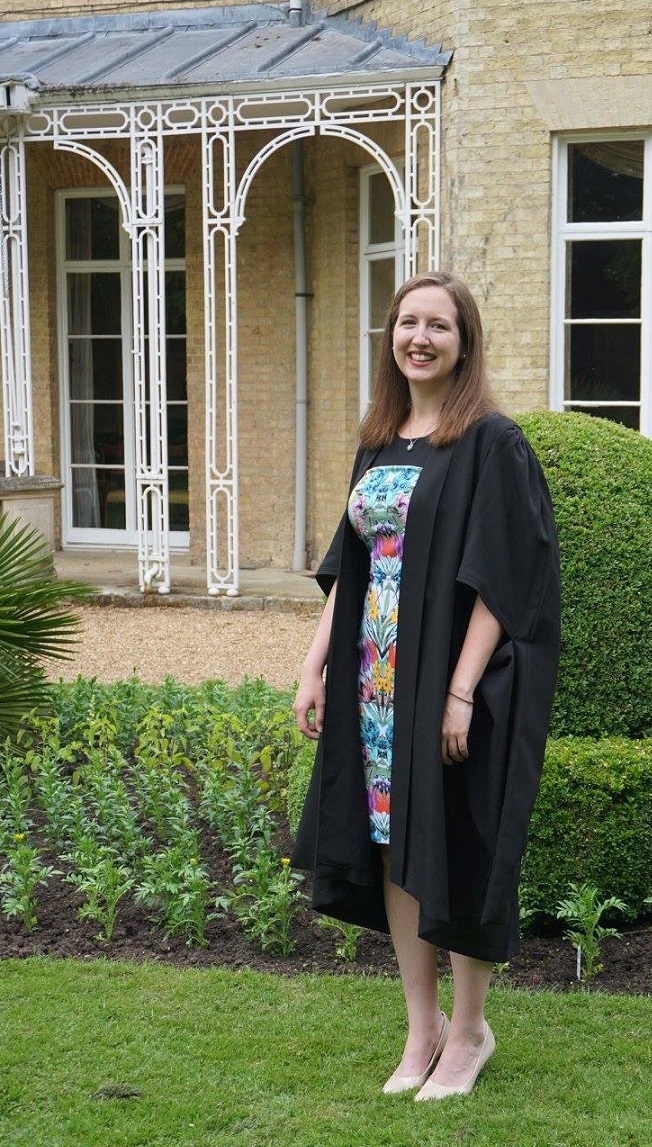Stephanie Drenten, Fitzwilliam College, 2015-2016
Stephanie is from Columbus, Ohio, USA. She has a B.S. in Mechanical Engineering from Rose-Hulman Institute of Technology. Prior to the ESD MPhil, Stephanie worked for a mechanical contractor analysing how buildings operate and providing suggestions to improve operational efficiency. She is greatly interested in how human behaviour influences the adoption and success of sustainable, energy efficient building technologies.
Dissertation title:
Understanding the viability of sewer wastewater heat recovery systems
Students report:
Why did you do the ESD MPhil?
The ESD MPhil was a chance to re-ignite a passion for sustainability while learning from a multitude of other nations. Sustainability is not simple; there is no one easy answer to solve our problems. It is very easy to become disillusioned with the process of performing sustainable, effective, change. I had reached a point of disillusionment prior to the MPhil due to feeling that corporations and governments choose reduced energy consumption only for the sake of saving money, not because of any social benefits.
How did it help you?
Coming to Cambridge allowed me to step back from my daily challenges and re-evaluate them on a larger scale. During the MPhil we frequently talked about facing “big, messy challenges” and not being afraid to start chipping away at them even if we knew it would not provide the final solution. I like to think the MPhil radically changed the way I look at problems. It provide not only engineering frameworks to use for solving the problems but also social viewpoints. I’ve realised we have to work with what we’re given; and as engineers we’re uniquely situated to ensure the correct type of change occurs while influencing why that change should occur.
What are you doing now?
Currently, I am working in the Energy and Sustainability group for a Real Estate Investment Trust (REIT) in Cleveland, Ohio. My work focuses on establishing and tracking energy saving programs across our nationwide property portfolio. It allows me to work directly with our property operations teams to understand their daily issues and find solutions which make the buildings operate more effectively in regards to energy efficiency, equipment performance, tenant engagement, and asset longevity. The ESD MPhil prepared me for this position by increasing my understanding of problem solving; real-world problem solving is like a game of Jenga, if you move one block, you affect the remainder. I’m also excited that next month we’ll begin investigating if my ESD dissertation research is utilisable by the REIT at some of our larger, energy constrained developments.

